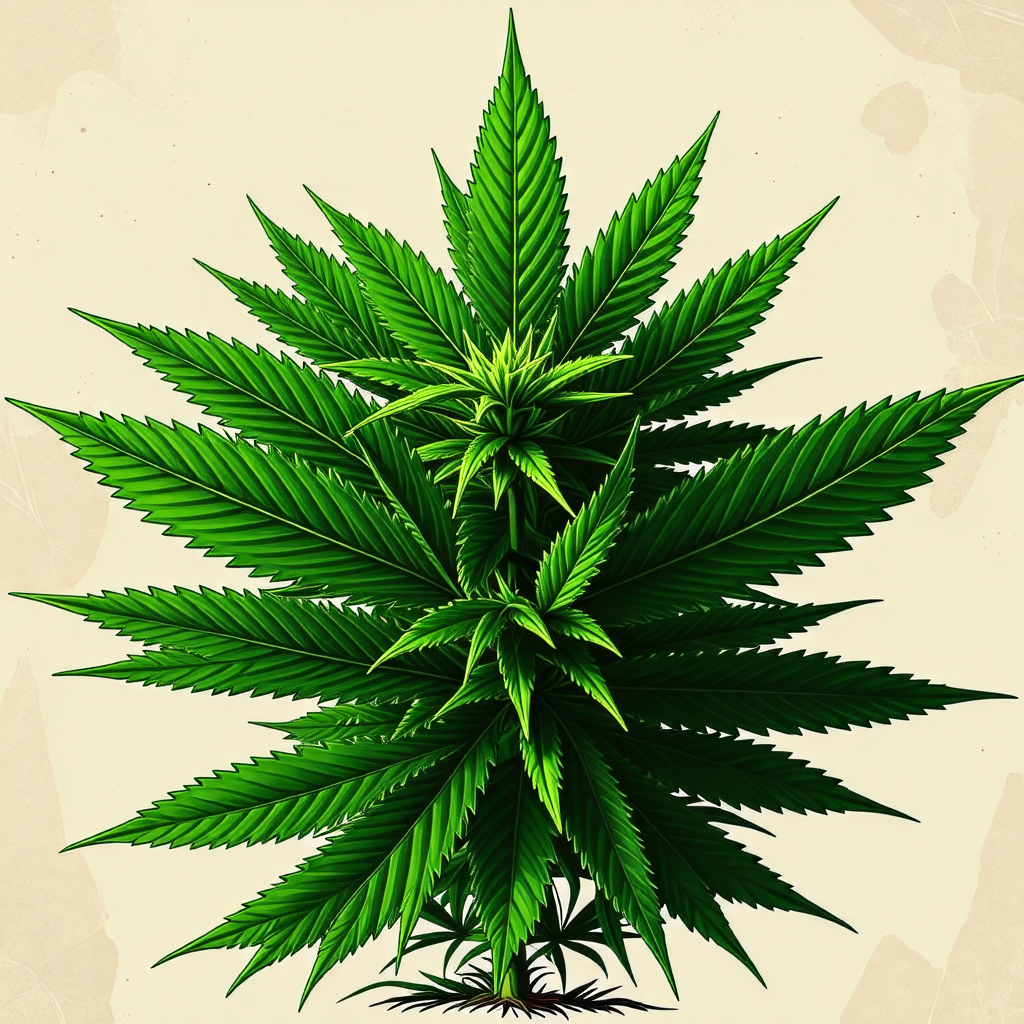
FDA Finally Gives the Thumbs Up for Vets, PTSD, and That Good Green
Yo, check it. For years, our brave veterans and everyday folks been turning to that sweet herb to cope with PTSD, and let me tell you, it be workin’ where them pills be failin’. Step into any VA hospital, and you gon’ see folks bein’ handed a whole bunch of meds—SSRIs like sertraline and paroxetine, anxiety meds like alprazolam, sleep pills like zolpidem, and even some antipsychotics thrown in the mix. But fam, many veterans be sayin’ these meds just leave ’em feelin’ like zombies, swappin’ one problem for a whole new set.
Now, I been watchin’ this whole cannabis policy game for a hot minute, and I seen researchers struggle to find the truth about how this plant could help with PTSD. They been hittin’ mad roadblocks, and honestly, it be ridiculous. Despite all the stories from vets beggin’ for some real trials with smokable weed, gettin’ approved for that has been harder than teachin’ a cat to swim—yeah, it can happen, but good luck makin’ it work.
That’s why I got real hype when the FDA finally gave the go-ahead for a major clinical trial. After three long years of back and forth, the Multidisciplinary Association for Psychedelic Studies (MAPS) got the green light to kick off a Phase 2 study lookin’ at smoked cannabis for veterans dealin’ with PTSD. This ain’t just some sterile lab experiment—nah, they gon’ be lookin’ at how folks actually use that green in real life, and we desperately needed that.
What’s the Deal with This Study?
Let’s break it down, fam. MAPS ain’t just dippin’ their toes in the water—they goin’ all in with a full-on Phase 2 trial involvin’ 320 veterans who got moderate to severe PTSD. What’s wild about this study is they lettin’ folks control how much high-THC flower they want to use, all while stayin’ within certain limits.
Now for my peeps who might not be hip to the FDA’s trial phases, let me school you. Phase 1 is all about safety with a small group. Phase 2—where we at now—is where it gets interesting, testin’ how effective it is and what side effects pop up, with a bigger squad involved. If this pops off like we hope, Phase 3 gon’ follow with an even bigger crew, and finally, Phase 4 gon’ keep tabs on long-term safety after the FDA gives the thumbs up.
This Phase 2 approval is a big deal, y’all. It means we past the initial safety checks and movin’ into some real talk that could flip the script on medical policy. But what really stands out is that they focusin’ on smokable flower. MAPS had to grind through five partial clinical hold letters just to get here, and that ain’t no easy feat.
Why Smoking Matters
So why does smokin’ matter so much? Think about it—most FDA approved meds come in neat little pills. But smokin’ weed? That’s a whole different vibe. By includin’ smokin’ as an option, this study gets real about how most veterans actually use cannabis. No fancy extracts or synthetic mess—just straight up the plant in its raw form, how it’s meant to be used.
The implications? Huge, fam. If this study shows positive results, it could change how we look at cannabis as medicine for real. It could make the regulatory folks reconsider their stance on smokable weed, openin’ doors for more research and even federal approval of whole-plant medicine. This is especially critical for veterans who prefer smokin’ or vapin’ for that quick relief and ease of dosin’.
Getting Real About PTSD
Now, let’s talk about PTSD. This condition messes with roughly 12 million adults in America every year—that’s more than the whole population of New York City, ya feel me? PTSD ain’t just bein’ scared; it’s a deep-rooted psychological issue where traumatic experiences keep playin’ in your head like a broken record.
This is where cannabis steps in, and it’s mad interesting how it works. Our endocannabinoid system is crucial in how we handle and store memories, especially the emotional ones. When someone lights up, it can help disrupt those stubborn pathways that keep the trauma on repeat. Think of it as hittin’ pause on a horror flick stuck on loop.
But let’s be real—cannabis ain’t a magic fix. I’ve chatted with countless vets who use the herb, and they’ll tell you straight up: it helps manage the symptoms, but it don’t cure PTSD. Real healing comes from doin’ the work of processing them tough experiences. Cannabis is more like a homie on that journey, not the end game.
The Future is Bright
We can’t ignore the other players in the game, too—like psilocybin. New studies show crazy promise with psilocybin-assisted therapy for PTSD, often showin’ deep and lasting changes after just a few sessions. Both cannabis and psilocybin boost neuroplasticity—the brain’s ability to form new connections—suggestin’ we might be onto something major in trauma treatment.
It’s crazy how long it’s taken to get here. Folks been talkin’ about cannabis’s potential for PTSD for decades. Veterans and trauma survivors ain’t been quiet about it. Yet here we are, finally gettin’ serious with clinical research. It’s a sign that prohibition ain’t just held back access to cannabis—it’s slowed our understanding of what this plant can do for real.
But hey, better late than never, right? As we roll forward with studies like the MAPS trial, we’re finally startin’ to piece together the puzzle that so many veterans and survivors been tryin’ to solve. Cannabis ain’t just helpin’ folks sleep better or feel chill—it’s givin’ them the brain flexibility they need to handle and integrate their trauma in a healthy way.
Conclusion: Hope on the Horizon
Like everything in the cannabis reform game, progress moves slow. But we are makin’ strides. The FDA givin’ the green light for this MAPS study—focusing on smokable cannabis—is a major shift in how they view cannabis research.
This study’s real-world approach is where the magic’s at. No artificial lab settings or synthetic cannabinoids, just our veterans using cannabis the way they already do. This authenticity could give us valuable data on how cannabis actually works as medicine in everyday life.
Let’s keep it 100—no matter what this study finds, veterans and others dealing with PTSD who found relief in cannabis ain’t gon’ stop. That plant been a lifeline when pills fell short. But if they find positive results, it could open doors for a whole bunch of folks who could benefit from cannabis but been hesitant due to its federal status or lack of clinical validation.
This is especially crucial for our veterans. With suicide rates stayin’ tragically high, we need more options. It’s no accident that veteran groups been some of the loudest voices callin’ for cannabis research and reform. They seen how this plant can bring hope where traditional treatments failed.
As we wait for the results of this groundbreaking study, I’m holdin’ onto that cautious optimism. Progress might be slow, but every step closer brings us to a future where veterans and others with PTSD can get the help they need without the stigma or legal headaches. And for those folks struggling with PTSD, that future can’t come soon enough.




